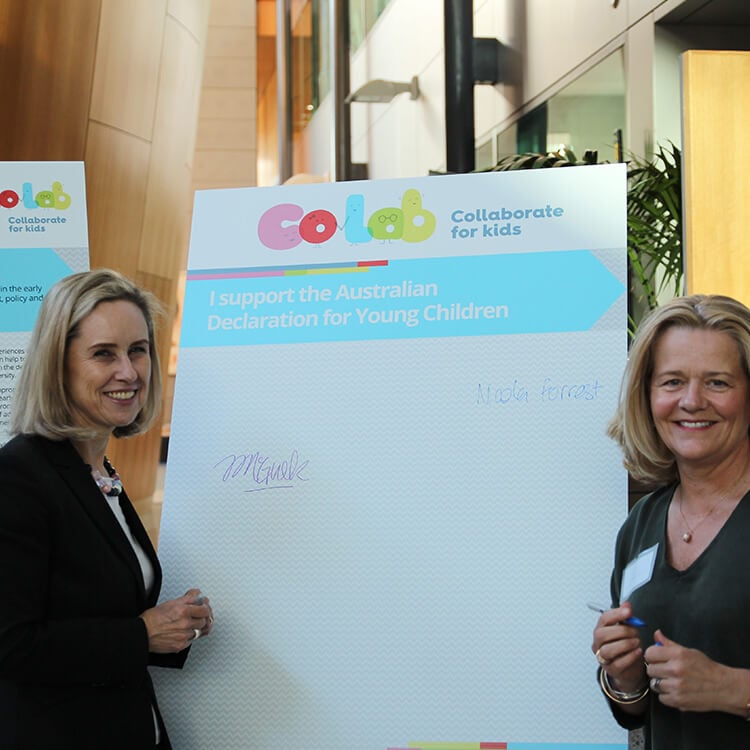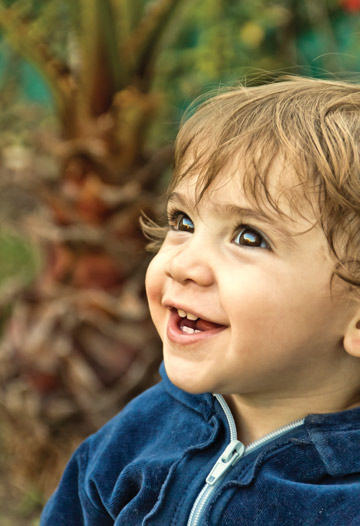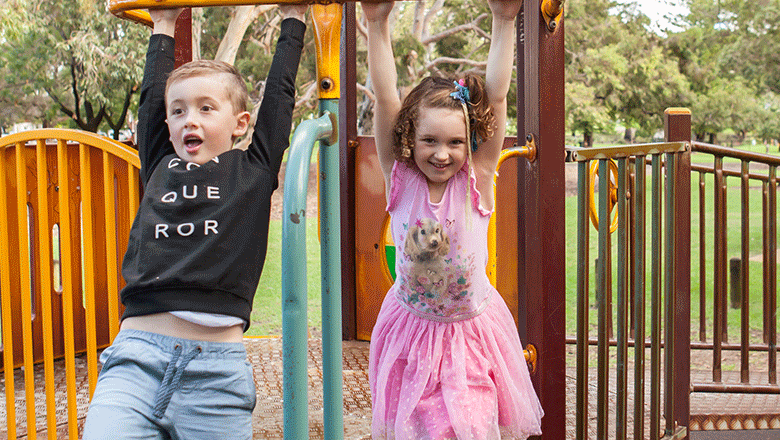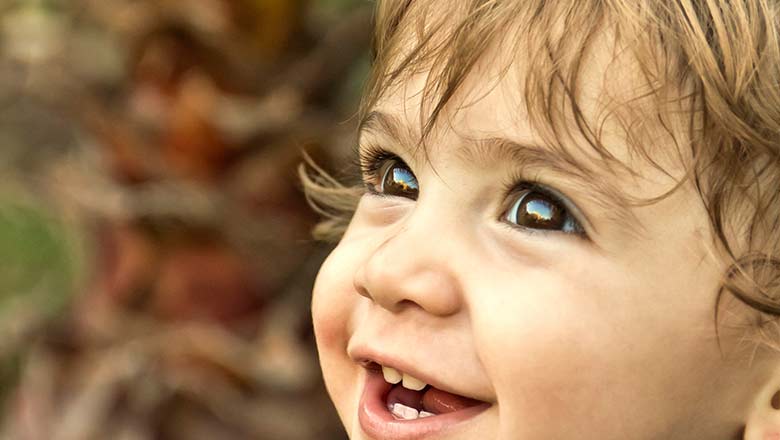Search
Research
Children's neighbourhood physical environment and early development: an individual child level linked data studyThe neighbourhood physical environment has a weak but significant association with early childhood development
Research
Healthy population ageing depends on investment in early childhood learning and developmentInterventions in the early years provide a sustainable solution by generating long-term labour productivity and social welfare benefits

News & Events
Improving development and learning of children in Western AustraliaDiscover the EYI Research Profile at The Kids' Institute, showcasing innovative child health research and its impact on young lives.

News & Events
Australia-first Declaration highlights early childhood action requiredMore than 70 leading early childhood experts have come together with CoLab to develop the first-ever Australian Declaration (of evidence) for Early Childhood.

News & Events
Novel CoLab seeks to narrow the early childhood gapA new partnership between The Kids and the Minderoo Foundation is trying to change the ways Government and communities address disadvantage and neglect.

News & Events
Help our kids reach their potentialYou're invited to join the Early Childhood Development and Learning Collaboration on Monday 15 August from 7pm to help every child reach their potential.

News & Events
New collaboration to boost kids early childhood development outcomes across AustraliaA new collaboration has been launched to fast track research into action to improve outcomes in the crucial early years of child development and learning.
News & Events
A world first for Aussie kids putting Australia's children on the mapIn a world first, 96 per cent of communities in Australia now have vital information about their children's development
News & Events
How mums talk influences children’s perspective-taking abilityNew research shows that kids whose mums talk more frequently about others' thoughts tend to be better at taking another's perspective than other children.
News & Events
WA researchers awarded $9.7 million for ground-breaking child health studiesWA researchers awarded $9.7 million for ground-breaking child health studies
